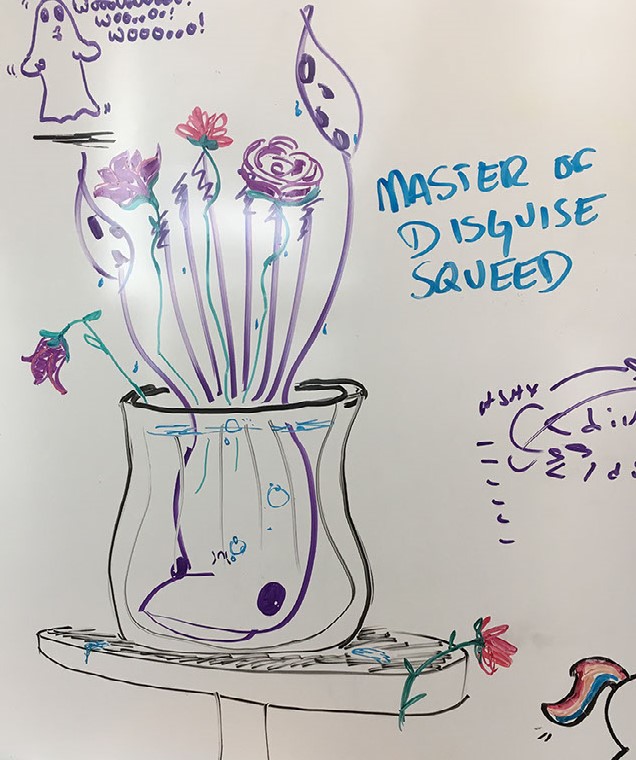

Key characters in the series use strong language and regularly swear, as you’d expected when facing certain death. Understanding Squid Game’s dialogue through subtitlesĪnother example where translation has been distorted is through dialogue. Though this meant the gameplay itself became recognisable to Western audiences, it erased the title’s metaphorical meaning in Korean culture. For most English-speaking viewers, this title didn't mean anything, so translators decided to use the English equivalent of the game “Red light, green light”.

One example of this can be seen in the title of the first episode, which translates to “The day that the mugunghwa flower blossomed,” which itself is a popular Korean childhood game, as well as the national flower of South Korea. However, its ‘botched’ subtitles could be preventing English speaking viewers from properly understanding its wider narrative.įor many bilingual and multilingual Korean speakers watching Squid Game with English subtitles was like watching a completely different show, with this prompting debate around how its subtitles miss out on some of its core messages, cultural references and symbolism.

With its themes of debt, desperation and survival in modern South Korea, Squid Game has become a global sensation reaching over 111 million views in its first 28 days. Love it, loathe it, or even if you’ve not seen it, as a marketer you might be curious about the conversations taking place around the accuracy of its subtitles. You’d have to have been living under a rock to have side-stepped streaming giant Netflix’s latest smash, Squid Game. Learn about the impact Netflix’s Squid Game has had on the translation conversation – and how you can make sure your client’s campaigns side-step common translation mistakes.


 0 kommentar(er)
0 kommentar(er)
